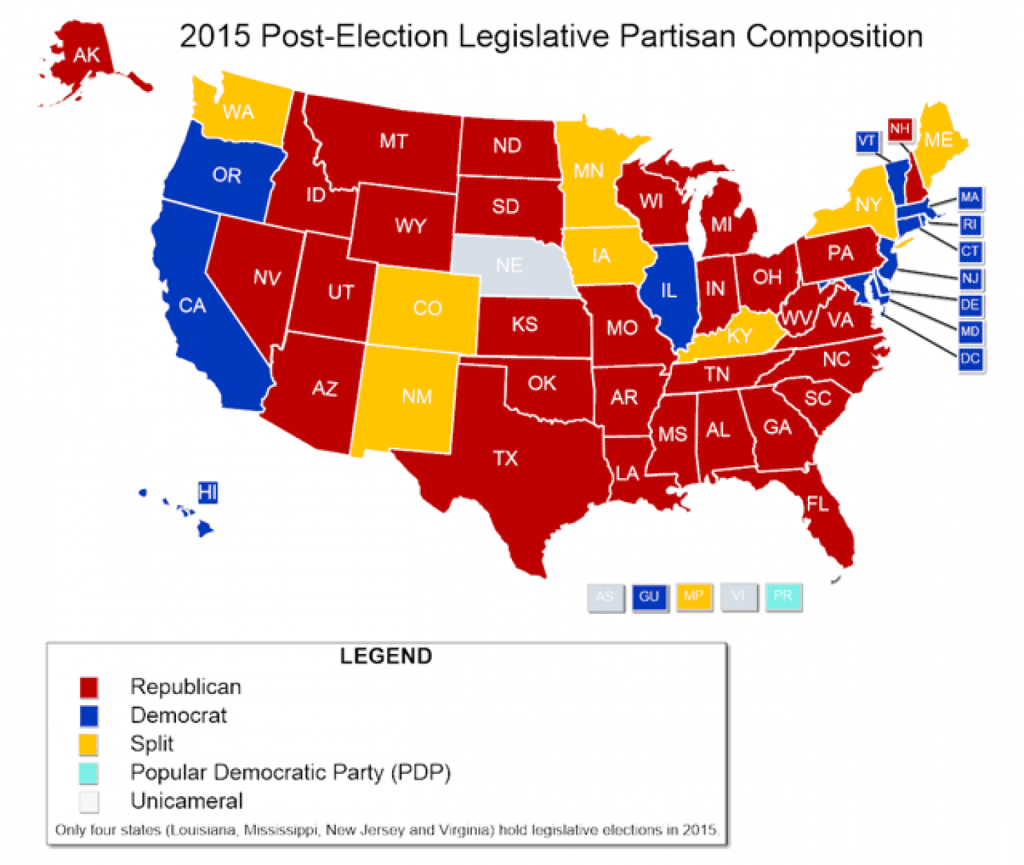Belmont Club and Richard Fernandez have come up with a good term to describe what is happening now.
It’s on, the long awaited fight against PC orthodoxy is finally on. Trump is unlikely to apologize, CAIR even more unlikely to back down. With 3 million Middle Eastern and African refugees due to arrive in Europe this year the clashes between German protesters are only likely to intensify.
The commotion you hear is not going to stop, it will only get worse. The Western Spring is finally here, and before it’s done it threatens to change everything.
The “Arab Spring” has proved a disaster for the Middle East. Much of that disaster was midwifed by Obama and Hillary. Obama helped The Muslim Brotherhood overthrow our ally, Mubarak. The Washington Post was very optimistic.
CAIRO – It was sparked on social-networking sites, and inspired by a revolution in Tunisia. In 18 days, it grew into something astounding – a leaderless people’s movement that at every turn outsmarted a government with an almost unblemished 30-year record of suppressing dissent.
Of course, it didn’t turn out the way they expected.
Despite the government’s efforts to sow violence that could be pinned on the demonstrators, the vast majority did not take the bait.
In the first days of the protests, they were attacked with high-pressure water hoses, tear gas, birdshot, rubber bullets and live ammunition. Protesters responded with rocks, but also with pamphlets instructing demonstrators to appeal to the police as fellow Egyptians.
When police withdrew from the streets and prisoners were released from their cells, Egyptians formed security committees to protect their neighborhoods. And when pro-Mubarak forces – many of them thought to be paid thugs and undercover police – attacked anti-government demonstrators, the protesters fought back but did not escalate the violence.
More than 300 people were killed over the past 18 days, with each death giving the movement more momentum. In Tahrir Square, posters of the dead grace every corner. A curly haired girl named Sally, a man named Hassan, a boy named Mohammed.
There is no mention of what happened to Lara Logan in Tahrir Square during the “innocent demonstrations.”
Lara Logan thought she was going to die in Tahrir Square when she was sexually assaulted by a mob on the night that Hosni Mubarak’s government fell in Cairo.
Ms. Logan, a CBS News correspondent, was in the square preparing a report for “60 Minutes” on Feb. 11 when the celebratory mood suddenly turned threatening. She was ripped away from her producer and bodyguard by a group of men who tore at her clothes and groped and beat her body. “For an extended period of time, they raped me with their hands,” Ms. Logan said in an interview with The New York Times. She estimated that the attack involved 200 to 300 men. Sounds like a preview, doesn’t it ?
The leftist innocence drips from the WaPo article.
Mubarak believed that the US conspired to bring him down. Knowing Obama, he was probably correct. Of course, we should follow Napoleon’s rule, “Never attribute to malice that which can be explained by incompetence.”


